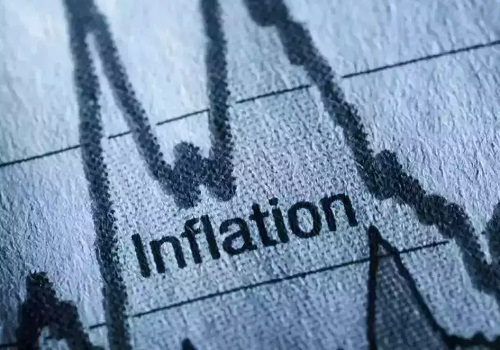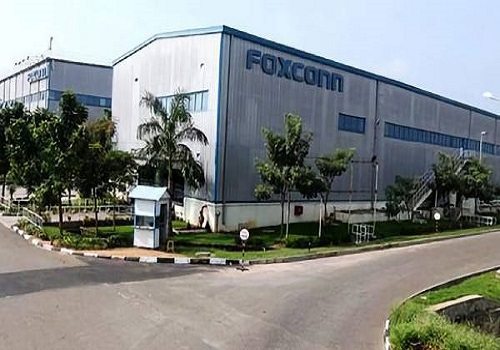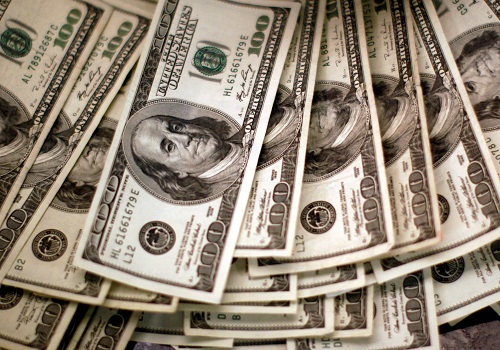Consumer inflation in South Korea down to lowest level in 4 years

South Korea's consumer prices slowed to the lowest level in 45 months in October on stabilising oil prices, staying below 2 per cent for the second consecutive month, data showed on Tuesday.
Consumer prices, a key gauge of inflation, rose 1.3 per cent on-year last month, compared with a 1.6 per cent on-year increase in September, according to the data from Statistics Korea.
October's figure marked the lowest level since January 2021, when consumer prices grew 0.9 per cent, reports Yonhap news agency.
Consumer inflation has stayed below 3 per cent since April and fell below the target rate of 2 per cent for the first time in September.
The finance ministry has said that the country is projected to reach the target rate by around the end of 2024, and this year's prices are projected to rise 2.6 per cent.
Prices of the overall agricultural, livestock and fisheries products went up 1.2 per cent on-year. Vegetables, in particular, spiked 15.6 per cent amid unfavourable weather conditions, the sharpest increase since October 2022.
Of major items, prices of napa cabbages surged 51.5 per cent and those of radishes soared 52.1 per cent, adding pressure on households as they are key ingredients of kimchi, and the annual tradition of "gimjang" usually takes place from November to December when people make large amounts of kimchi as part of preparations for the cold winter.
Prices of petroleum products, however, fell 10.9 percent on-year in October on easing global oil prices.
Dubai crude, South Korea's benchmark, came to US$74.94 per barrel on average last month, falling from $89.75 a year earlier, according to government data.
"Prices of fruits have stabilised due partly to a high base effect and a better harvest," agency official Kong Mi-sook said.
"But there would be volatility in prices of vegetables and petroleum products in accordance with weather conditions, geopolitical issues and other factors," the official added.
Service prices gained 2.1 percent on-year in October. Core inflation, which excludes volatile food and energy prices, added 1.8 per cent, compared with a 2 per cent on-year increase in September.






















